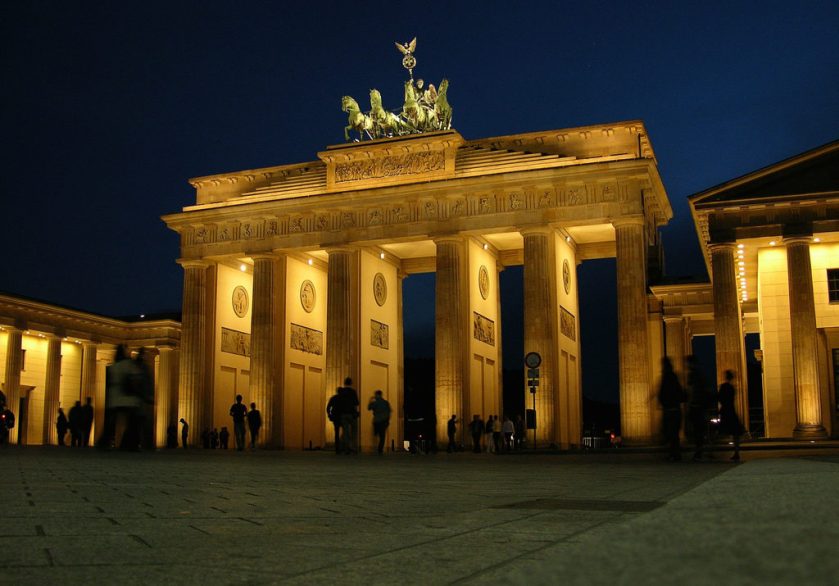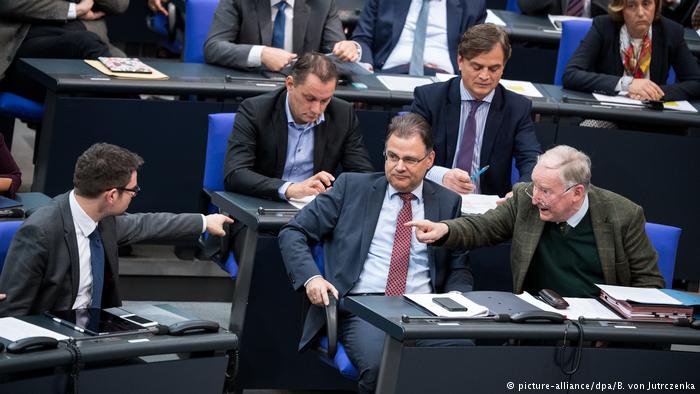Giuseppe Sandro Mela.
2021-08-15.

Sulla base dei più recenti sondaggi la Cdu sarebbe attestata attorno al 23%, mentre Spd e Grüne attorno al 20%.
Le elezioni di settembre verificheranno la precisione di queste previsioni, ma un quadro che si delinea sarebbe un governo tra Spd, Grüne e Left.
Mr Olaf Scholz, candidato cancelliere Spd, delinea un suo possibile programma governativo.
* * * * * * *
«But a recent comeback in the polls would make it possible for Scholz’s SPD to form a government with the environmentalist Greens or the Left Party.»
«Like many of Germany’s other major parties, Scholz ruled out working with the far-right Alternative for Germany (AfD) — but said his ultimate goal would be to unseat Merkel’s conservatives.»
«”I want to lead the next government,” he said. “And it’s good that we have several options to build a government.”»
«German chancellor candidate Olaf Scholz calls for ‘a new policy’ toward eastern Europe and Russia»
«German Finance Minister Olaf Scholz said he would push for a new strategy toward dealing with Russia and other eastern European countries»
«We need a new policy toward the east that revitalizes the principle of the OSCE and CSCE, but as a principle of the European Union»
«He said there should be a return to the “mutual principles” for security and human rights in Europe agreed within the Organization for Security and Co-operation in Europe (OSCE and its former title as the CSCE) — the intergovernmental organization that enables dialogue between western and eastern countries in Europe.»
«If we want to ensure joint security in Europe, then it’s about the European Union and Russia»
«That’s why it’s imperative that we return to the rule of law. Might does not make right»
«Scholz’s comments also come amid heightened tensions between the EU and Belarus over human rights violations and amid ongoing dispute with EU-members Poland and Hungary over what Brussels has dubbed rule of law violations»
«With a growing number of people fleeing violence in Afghanistan, the question of asylum-seekers and migrants is once again in the spotlight in the run-up to Germany’s general election»
«Scholz said the focus should now shift to providing aid to the countries where they first arrive rather than committing to taking in a large number of people in Germany»
* * * * * * *
Questa intervista tratteggia le grandi linee operative.
Primeggiano le affermazioni sulla necessità di ristabilire un dialogo costruttivo con la Russia, visione questa che potrebbe non essere gradita dall’altra sponda dell’Oceano Atlantico.
*
In a DW exclusive interview, the Social Democrats’ candidate to replace Angela Merkel urged for a new — and European — approach to Russia, and outlined his vision for Germany’s future.
German Finance Minister Olaf Scholz said he would push for a new strategy toward dealing with Russia and other eastern European countries if he were to become chancellor in Germany’s upcoming general election in September.
“We need a new policy toward the east that revitalizes the principle of the OSCE and CSCE, but as a principle of the European Union,” he told DW in an exclusive interview.
He said there should be a return to the “mutual principles” for security and human rights in Europe agreed within the Organization for Security and Co-operation in Europe (OSCE and its former title as the CSCE) — the intergovernmental organization that enables dialogue between western and eastern countries in Europe.
“I also say that Russia and other countries need to accept that European integration will continue,” he told DW. “If we want to ensure joint security in Europe, then it’s about the European Union and Russia.”
Scholz, the top candidate for the center-left Social Democrats (SPD), said that Russia’s annexation of Crimea “is a huge problem” that continues to fuel tensions in eastern Ukraine.
“That’s why it’s imperative that we return to the rule of law. Might does not make right,” he said.
He also did not rule out a meeting with Russian President Vladimir Putin, saying the German government “has always met with the Russian government” and that there were many talks held in recent years.
Scholz’s comments also come amid heightened tensions between the EU and Belarus over human rights violations and amid ongoing dispute with EU-members Poland and Hungary over what Brussels has dubbed rule of law violations.
On COVID vaccines: ‘We have a responsibility for the whole world’
As the coronavirus pandemic continues to rage, Scholz said that Germany has an obligation to ensure enough vaccines are produced for countries in need.
“In any case, we have a responsibility for the whole world and we must not focus on just ourselves,” Scholz said.
“We need to continue ensuring that vaccinations are exported around the globe — and we must expand production capacities in a way that the rest of world can receive enough doses,” he emphasized.
“There is no lack in willingness to spend money. We have already done that, and we need to continue to do so,” the finance minister added.
He was firm, however, that the responsibility does not lie solely with Germany in ensuring the doses reach those in need, but that recipient countries need to organize their vaccine rollouts.
“This needs to be organized by all those responsible on an international level as well as by those countries affected, to make sure the vaccinations reach the citizens of the global south,” he said.
As finance minister during the pandemic, Scholz oversaw the approval of a relief package worth €400 billion ($469 billion) — but brushed off criticism that the funds wouldn’t be enough to address the growing economic inequalities caused by the crisis.
On refugees: Other countries ‘do offer protection’
With a growing number of people fleeing violence in Afghanistan, the question of asylum-seekers and migrants is once again in the spotlight in the run-up to Germany’s general election.
When asked how he plans to deal with a potential new surge in migrant arrivals, Scholz said the focus should now shift to providing aid to the countries where they first arrive rather than committing to taking in a large number of people in Germany.
“In German and European politics, I don’t believe we are concerned enough about what happens to refugees when neighboring countries take them in,” he said.
“Many countries aren’t governed the same way we would expect in Germany. But they do offer protection,” Scholz added.
“That’s why there need to be prospects for integration in those countries in Africa, Asia and South America. And we need to share responsibility in that.”
While the German government has temporarily halted deportations to Afghanistan due to the security situation caused by Taliban advances, Scholz also said that he supported deportations of criminals, saying that those who commit crimes “should not expect to stay here.”
On the race for chancellor: ‘I want to lead the next government’
In recent weeks, the SPD have been polling between 15% and 18%, putting them behind Angela Merkel’s conservative CDU/CSU alliance, led by candidate Armin Laschet.
But a recent comeback in the polls would make it possible for Scholz’s SPD to form a government with the environmentalist Greens or the Left Party.
Like many of Germany’s other major parties, Scholz ruled out working with the far-right Alternative for Germany (AfD) — but said his ultimate goal would be to unseat Merkel’s conservatives.
“I want to lead the next government,” he said. “And it’s good that we have several options to build a government.”


